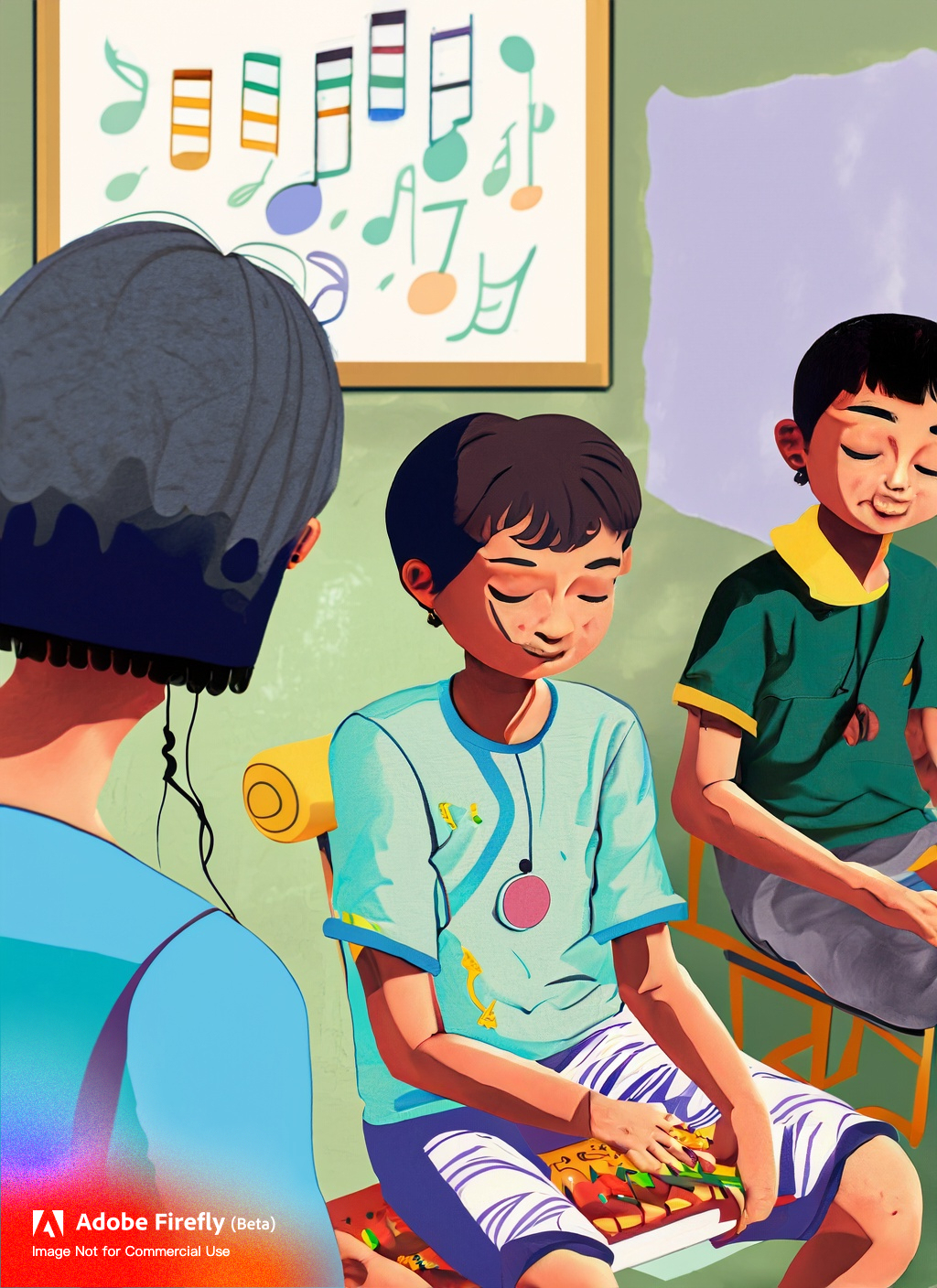
It is a human instinct to feel the music. Music education is inextricably linked to the whole person's development of children. Sound stimulation and learning to play instruments with simple movements stimulate brain development, enhance perceptual sensory abilities such as sound recognition and hand-eye coordination.
By joining the Music Sensitivity Class, kids can learn about the types of basic music sounds, timbre, tempo, intensity, and different rhythms, which develop their musical talents. Through physical and instrumental exploration and musical interaction, children's participation in music, proactive participation, and social communication skills will be enhanced. Besides, listening to various music styles allows them to recognize different emotions. Children can explore their personalities from exposing to different types of music.

Instructor Introduction - Australian Registered Music Therapist Diana Chan
With rich and diverse clinical experience, her training in Nordoff-Robbins Music Therapy focuses on a music-centered, person-centered, and interactive approach, believing that everyone is naturally gifted in music, using music as a medium of communication, and using improvisation to connect with her clients.
She works with individuals and families with developmental/special needs, the visually impaired, young people and adults affected by emotional or psychiatric illnesses, the elderly with cognitive disabilities, those who have suffered from strokes and have lost their language ability, and the community at large.


